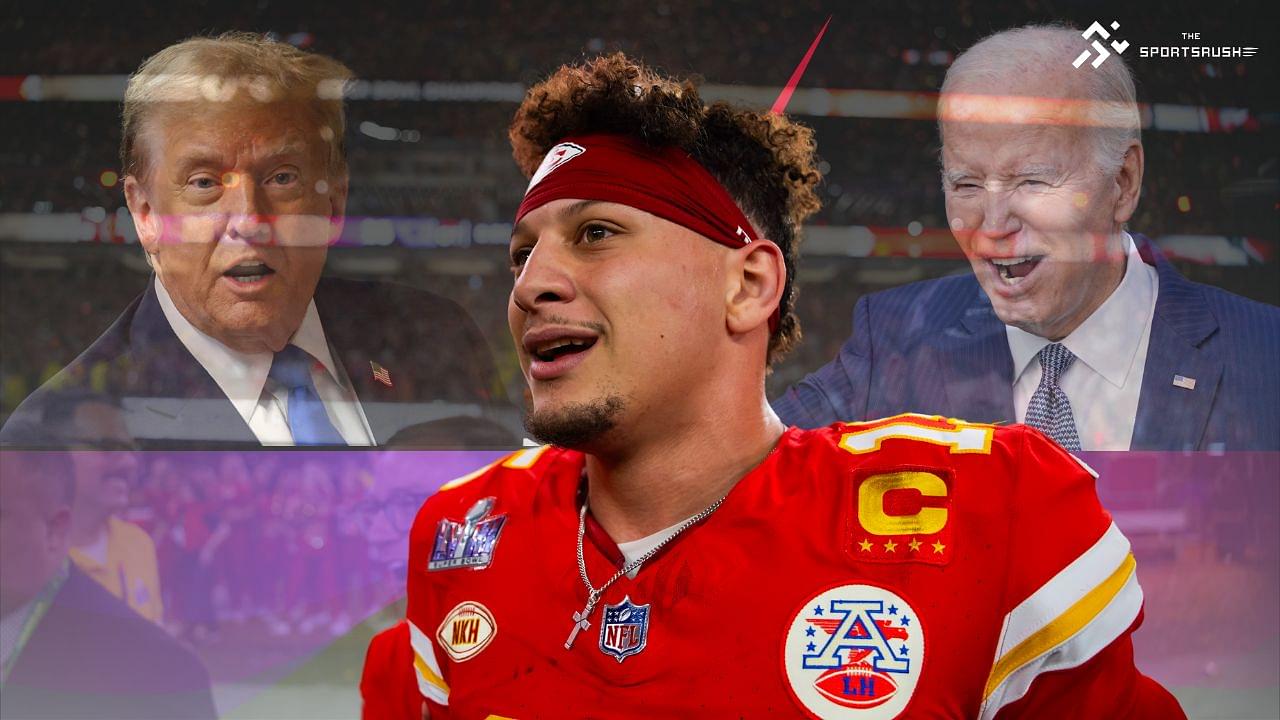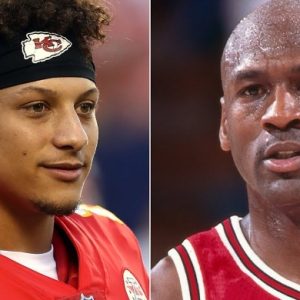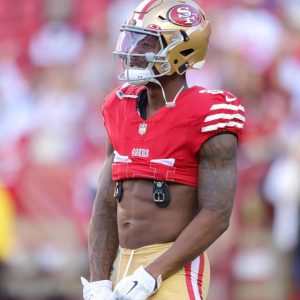In a recent episode of the “FEARLESS” podcast, Jason Whitlock couldn’t help but commend Chiefs quarterback Patrick Mahomes. What sparked this admiration? It was Mahomes’ savvy move during a Time Magazine interview, where he tactfully sidestepped endorsing any presidential candidate between Joe Biden and Donald Trump.

Jason Whitlock found Mahomes’ stance refreshingly mature, as it was in contrast with his past instances. Whitlock believed that when Mahomes waded into contentious issues like the “Colin Kaepernick thing” and the “George Floyd thing” in the past, it brought him more criticism than praise.
“Patrick Mahomes has pivoted I think a little bit because, I think, for a (while) he tried to go woke. The George Floyd thing he got caught up in, the Colin Kaepernick thing. But he has now steered to a more authentic place,” Jason added, “I like this Patrick Mahomes.”
Time Magazine asked Patrick Mahomes about his stance in the upcoming Presidential elections following his support for LeBron James’ “More Than A Vote” campaign in 2020. It aimed at boosting African American voter turnout. In response, Mahomes said,
“I don’t want to pressure anyone to vote for a certain president. I want people to use their voice, whoever they believe in. I want them to do the research.”
The decision for pro athletes to engage in politics is definitely personal; However, Jason Whitlock’s point sparks a debate.
Should Athletes like Patrick Mahomes Delve Into Publicly Expressing Their Political Opinions?
There can never be a definitive answer to the problem at hand. The debate about athletes sharing political opinions versus focusing solely on sports is more than just complex. On one hand, athletes like Patrick Mahomes, Tom Brady, and LeBron James have accumulated a huge fanbase. And with it comes the great responsibility of shining a light on social and political issues that matter.
So, by getting involved, athletes can advocate for change. But here’s the thing: most athletes end up getting involved in political activities and influencing their fans in a specific direction, either left or right. And it definitely rubs some fans the wrong way, especially if the particular athlete does controversial things or supports controversial people. One of the prime examples is former NFL quarterback Colin Kaepernick. It took just taking a knee during the national anthem to get himself ousted from the league.
Case in point, athletes do have the right to freedom of speech, which allows them to address significant social and political matters. But the worry that diving into politics might divide their fanbase will never go away.





